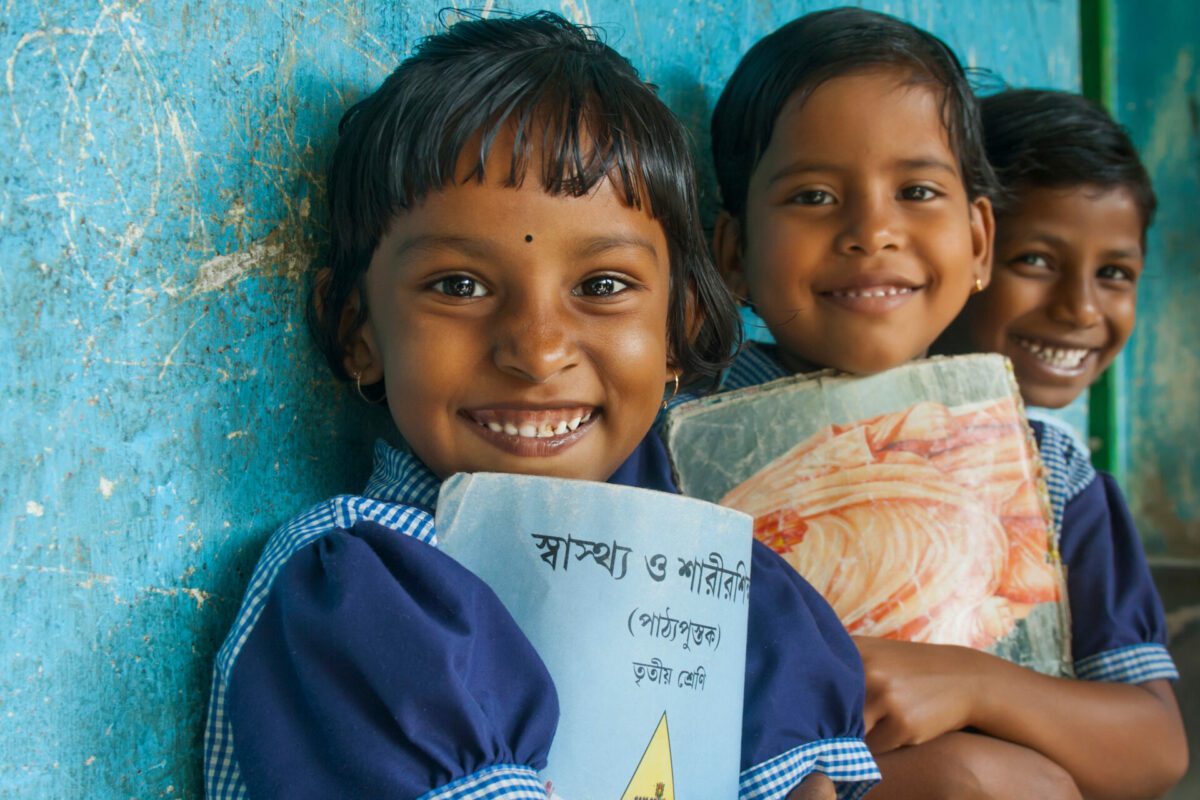School Meals Are the Answer to Helping Females Out of the Poverty Cycle, Say Charity

Charity Stress Need for Increased School Meal Support to Help Girls Break Out of the Poverty Cycle
Almost 15 million girls across the globe have never stepped foot in a classroom, with countries such as Sudan, Ethiopia, and Afghanistan having the lowest number of females in education[1] according to the food poverty charity, Charity Right[2].
In these developing countries, females are faced with unavoidable barriers from an early age, from marriage and pressures to start families, along with a lack of access to sanitation, all of which can hinder opportunities for education and prospects in later life.
As the socioeconomic climate continues to change, experts, Charity Right call for reform in the way organisations approach foreign aid to improve these statistics.
The charity says food support at school for young girls could be the answer to not only breaking the poverty cycle, but further bridging the gender education gap.
Having the right food support at education facilities will not only mean girls will be more likely to attend, but the pressures to earn money for food and responsibilities within the family will also be reduced.
Wala Salameh, Marketing and Communications Manager at the charity says
‘School food support is an essential factor to incentivise girls to go attend education. Providing long-term school meals can provide them with the nutrition they need to help to break the poverty cycle and create future opportunities.’
Due to existing traditions and gender bias in some of these countries, many girls are expected to take care of the home, or work in domestic labour industries, such as embroidery and beading, should the family run short of money. It is estimated that 11% of the world’s children work in labour over attending school as a result[3].
The same financial issues mean childhood marriage is prevalent in certain countries, as many girls wed for security. However, married life leads to girls dropping out of education early to become a homemaker.
‘Education should be an option for everyone and food support at school will help to create equal opportunities. When girls are given the chance to learn, it benefits not only themselves, but also the wider community and economy.’ Salameh adds.
The charity states that if there is a 10% increase in girls going to school, the GDP of some countries could increase by up to 3%[4].
Whilst boys are part of the poverty cycle too, its estimated that 5 million more boys go to school across the globe than girls as a result of these specific obstacles[5].
School food packages could play an essential role in incentivising these young women to obtain education and bridge the existing gender disparities.











Responses